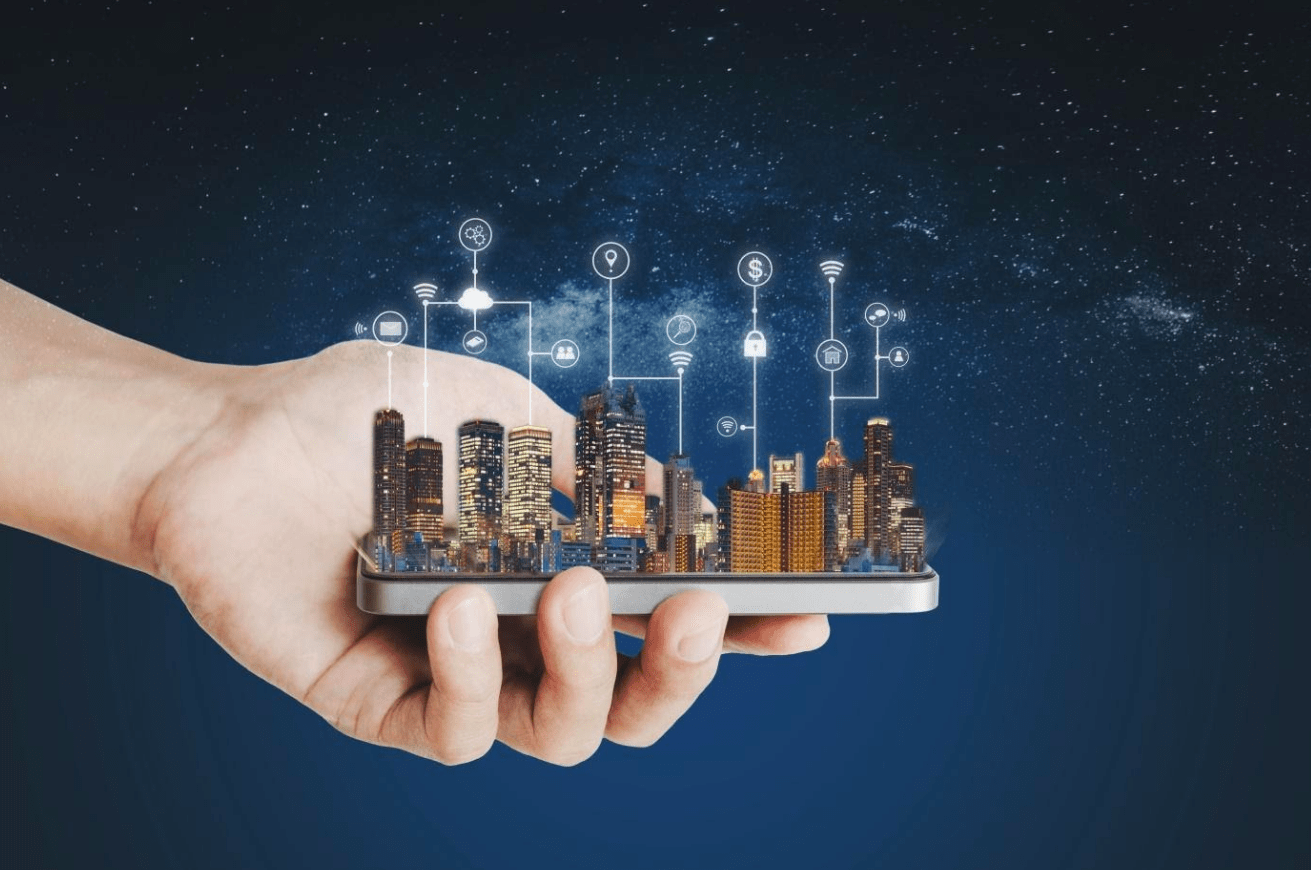The United Nations estimates that by 2050, 68% of the world’s population will live in urban areas. Just 30 years from now, we’re looking at a mass migration of billions of people to some of the most over-populated places on earth.
Even with the coronavirus pandemic reframing the need for people to be in densely populated urban areas, North American cities are already at an environmental tipping point. Some of the biggest offenders of global greenhouse gas emission rates are cities in North America. There is more waste than ever before, and with the recycling industry in crisis due to high levels of material contamination, smart tech integrations promise better solutions to many of these concerns.
Here are 5 smart cities in the world that are using digital technology to optimize their waste management systems. These cities are leading the charge at a time in human history when sustainability and what we do with our waste now – and in the future – could be the difference between climate catastrophe or redemption.
Helsinki, Finland: Underground Waste Management
Helsinki, known fondly as the sustainability capital of Finland, has one of the world’s most advanced underground waste management systems. It’s called the Envac automated waste collection system and uses a series of pneumatic tubes hidden underground to transport recycling and waste to a central processing facility.
This technology uses accessible collection bins or waste inlets at designated areas. Paper, mixed, and organic waste are collected here and monitored daily by a waste station. When the station receives data that the tanks are full, the waste is transported to the facility. No employees are needed for the collection or transport of the waste itself, which means less fuel and noise pollution overall.
There are currently 800 waste collection points in Jätkäsaari, Helsinki, transporting 19 tons of waste a day along 6.2 miles of pipeline. Similar systems are showing up in cities all over the world, which is good news for the environment. Reduced CO2 emissions, cost savings, reduced odors, and increased recycling rates make this system a winner
East Brunswick, New Jersey: Resident Recycling Network
In the Township of East Brunswick, recycling network technology was adopted to improve communications between the municipality and local residents. By rolling out the Recycle Coach app, connecting all of their residents, they were able to improve recycling rates, reduce wish-cycling, and raise the recycling IQ of their entire township.
Consumer engagement is a key priority for smart cities because consumers are the entry point for waste systems. Using Recycle Coach allowed the New Jersey municipality to make their residents smarter about the way they were recycling.
A 2020 Survey by the app revealed that connecting New Jersey residents not only improved how many people recycled, but how accurately they were able to recycle on a daily basis. There were no more missed collections and super-fast communication between the municipality and their residents improved the system. There was also a 123% improvement rate within 3 months of rolling out the educational app, which proves that cities that network better, recycle better.
Nitra, Slovakia: Waste Collection Optimization
In Nitra, Slovakia it’s the norm to use Internet of Things technology to improve waste disposal efficiency and collections. One company called Sensoneo Analytics has a smart process for waste management, which includes placing sensors on garbage collection bins to monitor which of them are full or not. This integrates with their analytics software to help automate and optimize when and how waste is collected in the city.
The result is that waste collection trucks use the fastest routes, only when necessary – which saves time, resources and money – not to mention the positive environmental impact. Decreased emissions from less traffic, less noise pollution and street clutter are all part of the system. Using reliable real-time data, Nitra is able to optimize every aspect of their waste collection process. Systems like this have real value for municipalities who can’t afford underground pipelines, or who don’t have the right conditions underground for pneumatic systems.
San Francisco, California: Food Waste Composting
In San Francisco, a mandatory food waste composting law was put into place, along with a goal for the city to achieve zero waste by 2020 – with evolving sorting tech to back it up. Landfills are a finite resource, and the city understood that closed-loop recycling system will ultimately fulfill their need for a healthier, cleaner, and smarter city. A big part of that success would boil down to advances in IoT technology, data analysis, and making the city smarter. The right partnerships were crucial!
San Francisco managed to process their waste using their partner’s optical sorting machines, which use sensors to help separate compostable food and other recyclable materials from the stream. A highly-trained team works with the data and watches as the machines sort the recyclable waste. The sorting process minimizes energy use, maximizes yield and recovery, and allows this city to fertilize its legendary wine valley with its own food waste.
Stockholm, Sweden: Waste-to-Energy Sites
In the middle of Stockholm in Sweden, lies the largest biofuel plant in the country – and it runs on waste. This smart city uses collected sawmill industry waste to create a valuable energy commodity called biofuel, which can power the city itself. The waste-to-energy model is a smart city initiative that has been implemented all over the world, by cities and by corporations.
Locally, the most well-known is the biofuel process as Disney Land, where park waste is used to power the rides and hotels, and helps Disney lower costs, save money and reduce carbon emissions. The process works through anaerobic digestion, encouraging the release of methane which is collected and converted into power for use. Stockholm is a leader in clean energy and we hope to see more biogas facilities springing up in the US in future.
It’s important that smart cities like these continue to push the boundaries of what can be done with waste. From recycling network innovation to sensor technology and smart sorting processes – we are confident that digital technology will help reshape how we use waste in our cities.






